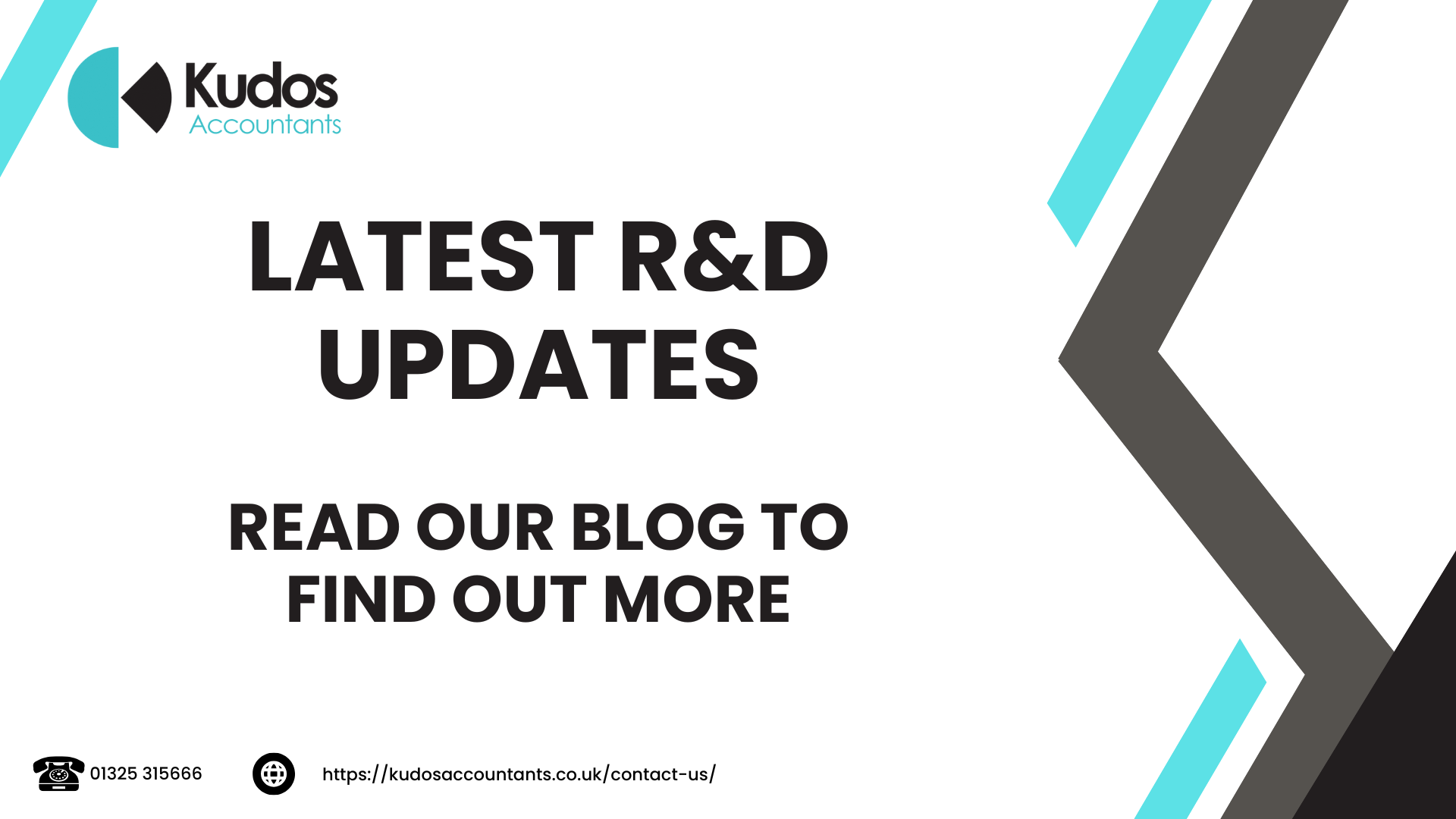

Capital Gains Tax (CGT) often feels like a labyrinth of rules and rates, making it easy to inadvertently fall into traps that could lead to overpaying or facing fines for underpayment. Understanding how CGT works, and more importantly, how you might become liable, is crucial to managing your finances effectively.
Imagine you were given free shares by your employer as a bonus, initially valued at £5,000. Over time, these shares appreciate in value to £25,000. If you decide to sell these shares, the profit—termed as ‘taxable gain’—would be £20,000. For the tax year ending on 5 April 2024, the first £6,000 of this gain is tax-free, thanks to the annual CGT exemption. However, you’re required to pay tax on the remaining £14,000. For higher-rate taxpayers, this means a CGT charge of 20%, equating to a tax bill of £2,800.
Fortunately, there are several tactics to reduce, or potentially eliminate, this CGT liability:
Placing your shares in an Individual Savings Account (ISA) exempts them from CGT. This simple step can make a significant difference, shielding your investments from tax and allowing them to grow unfettered.
By realising gains up to the annual tax-free threshold before the end of the tax year (5 April), you can mitigate the amount of tax owed. For instance, by selling shares to utilise the £6,000 allowance in the 2023/24 tax year and spreading the sale of the remaining shares over subsequent years, you can effectively reduce your CGT bill. However, with the CGT allowance set to halve to £3,000 from 6 April 2024, timing your asset sales has never been more crucial.
Transferring assets to your spouse or civil partner can be an effective way to utilise both individuals’ CGT allowances, doubling the tax-free amount and potentially halving your tax bill.
Beyond CGT, holding shares outside of an ISA could expose you to Dividend Tax. With different rates applied based on your Income Tax band, the charge can be significant. For example, higher-rate taxpayers face a 33.75% tax on dividends received over £1,000. By holding your shares in an ISA, you could avoid this tax, enhancing the efficiency of your investment returns.
With the end of the current tax year (5 April) fast approaching, now is the time to review your investments and consider how best to utilise your allowances. The forthcoming reductions in both the CGT and Dividend Tax allowances underscore the importance of proactive financial planning.
Navigating the complexities of CGT requires a keen understanding of the rules and an awareness of the strategic options available. By employing tactics such as using ISAs, strategically realising gains, and sharing allowances with your spouse or civil partner, you can significantly reduce your tax liability. As we approach the end of the tax year, consider consulting a financial advisor to ensure you’re making the most of your allowances and positioning yourself favourably for the future. Remember, effective tax planning is a cornerstone of sound financial management, and with the right strategies, you can navigate the maze of CGT with confidence.





Residential Mortgage

Commercial Mortgage

Pensions & Investments

Protection & Insurances

Health Questionairre

Asset Finance

Business Finance

Invoice Finance

Residential Mortgage

Commercial Mortgage

Personal Details Form

Business Details Form

Tax Return Information

Residential Mortgage

Commercial Mortgage

Pensions & Investments

Protection & Insurances

Health Questionairre

Asset Finance

Business Finance

Full Business Finance Review

Invoice Finance